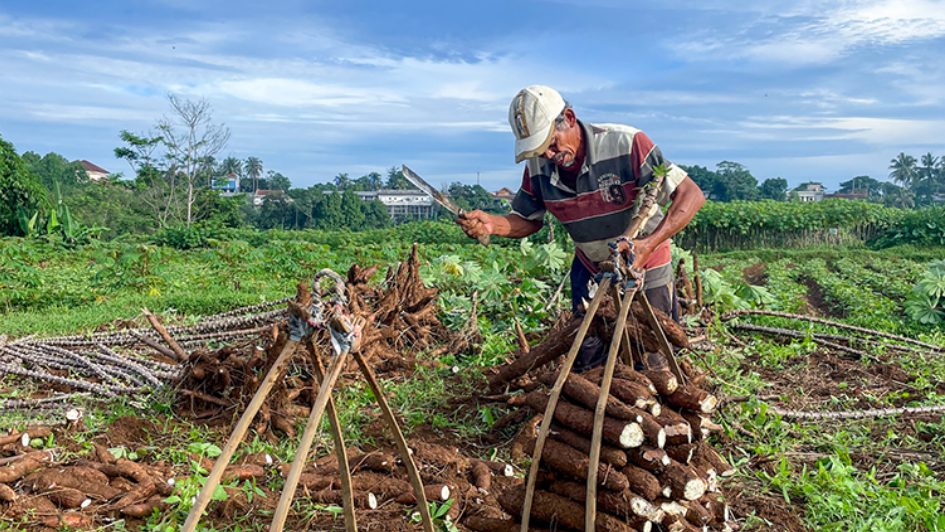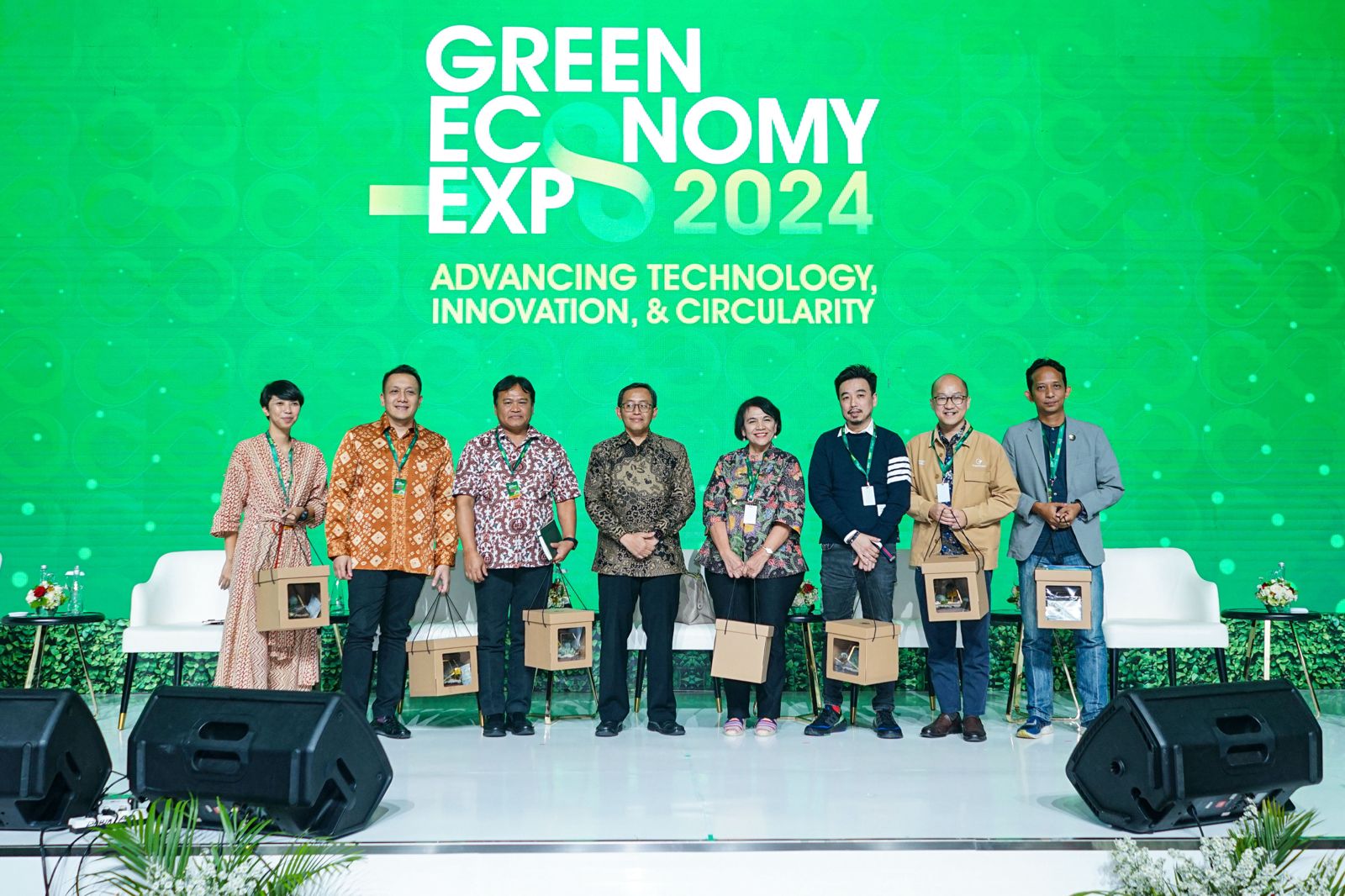Let's Return Plastic To Earth
Monday, 19 March 2018Compared to traditional materials such as leather, wood, rubber, metal, etc., plastic is the most commonly used material in modern society. Not only because it has various advantages such as being strong, lightweight, malleable, and unbreakable, but it is also rust-resistant.
Many products can be produced from this material ranging from food and beverage packaging, household furniture, children's toys, stationery, even to motorised or electrical vehicle components. But unfortunately, plastic takes a long time, 500 to 1000 years to break down. It is no wonder that plastic waste is the main cause of waste generation and a global problem.
Over time, the use of plastic itself continues to increase every year accompanied by an increase in consumption from the community. This increase in consumption leads to an increase in waste from the plastic itself.
As we have long known, there are events to reduce plastic waste, namely Reduce (reducing the use of plastic), Reuse (reusing plastic such as shopping bags), and Recycle (recycling plastic). The existence of a plastic recycling programme is one way to deal with plastic waste. But it turns out that only a small portion of the waste is successfully recycled.
Especially with the vast condition of Indonesia, the 3R programme alone is not enough to handle existing plastic waste. So that another solution is needed to handle this plastic waste, one of which is to accelerate the process of decomposing the plastic itself or can be referred to as Return to Earth which is an extension of the 3R programme that is already running.
The right solution to be able to implement the Return to earth programme is to use plastics that are more easily decomposed or commonly referred to as environmentally friendly plastics.
Examples of environmentally friendly plastics are bio-based plastics such as ecoplas which is made from the basis of starch (flour) from cassava which is a native Indonesian product. In addition, additives can also be added to plastic production to make it more degradable, such as the addition of biodegradable additive substances.
With the existence of environmentally friendly plastics, the plastic decomposition chain which previously could reach 500 to 1000 years can be cut to only 2 years. This method can be considered quite effective because it can reduce the accumulation of waste many times over compared to conventional plastics.



